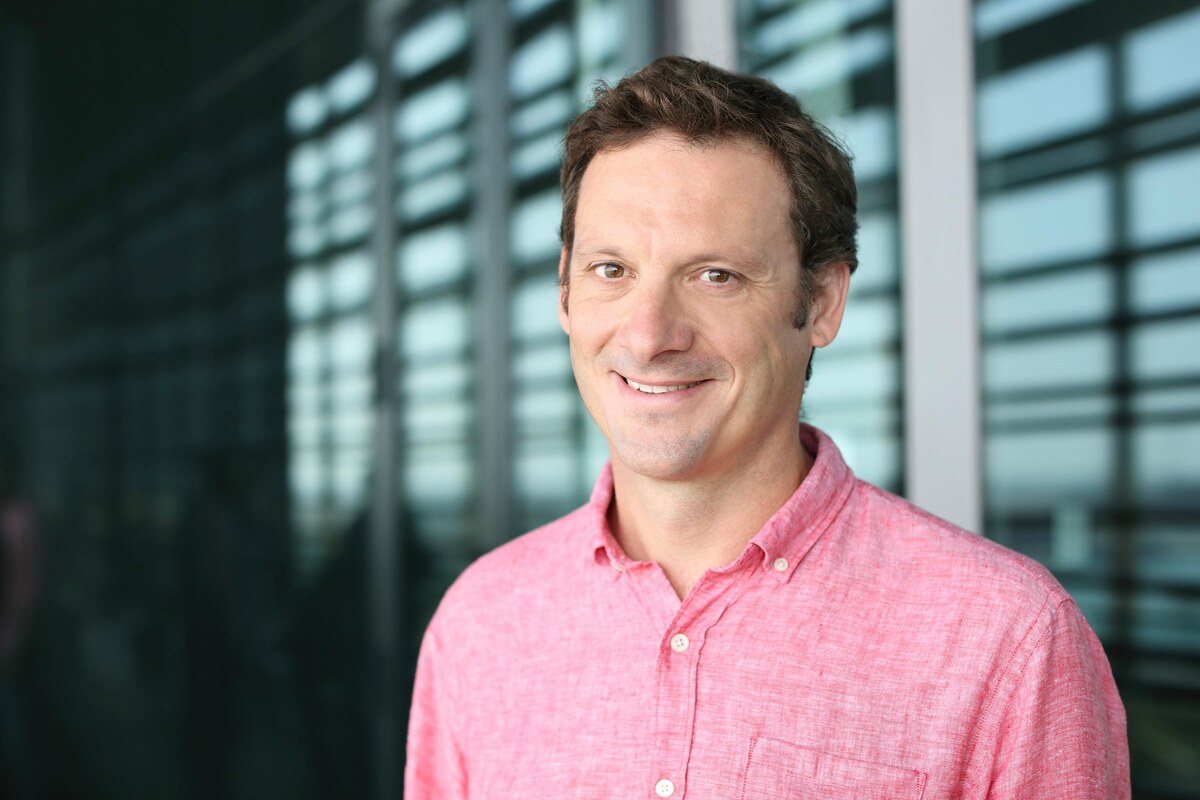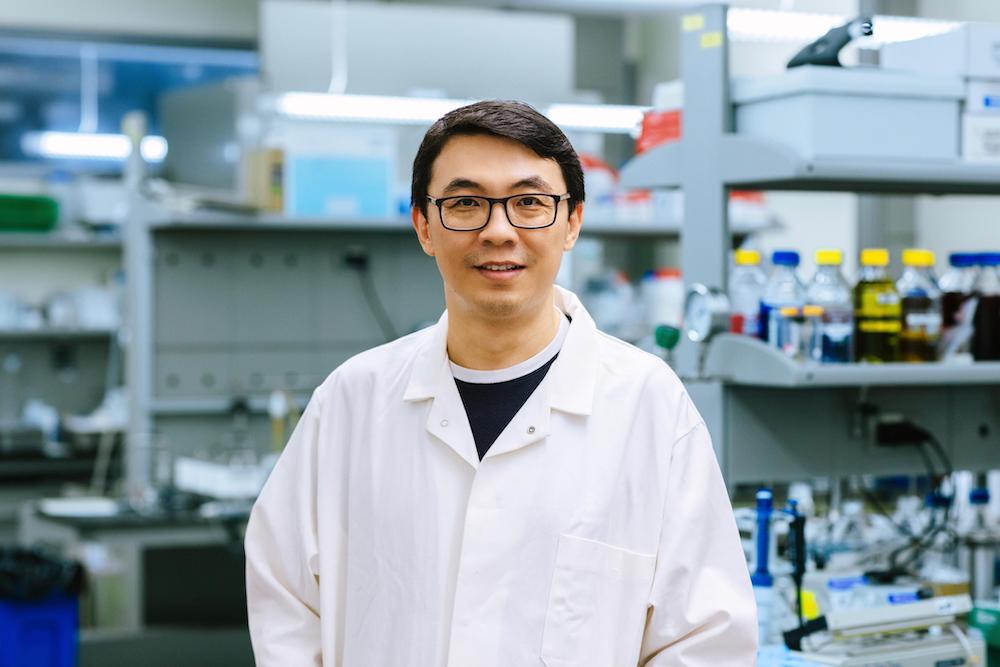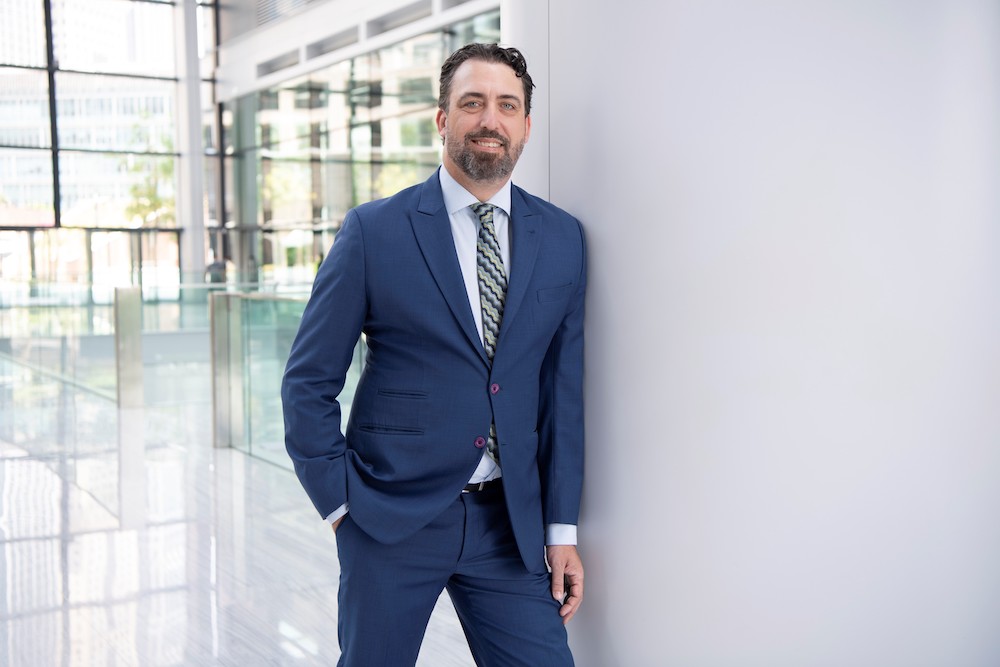RIYADH: Saudi Arabia is a world leader when it comes to extracting energy sources from the ground, but it is the Kingdom’s drive to harness a power supply in the sky that is attracting attention.
Favorable government policies, a shift to meeting energy demands through renewable power, and a reduced dependence on fossil fuels are all factors pushing forward the Kingdom’s solar industry.
The ambitious target of Saudi Arabia’s National Renewable Energy Program sees the Kingdom aiming for a solar energy capacity of 40 gigawatts by 2030, promising significant opportunities for the market in the years to come.
According to market research firm Mordor Intelligence, the Kingdom’s solar market is projected to achieve a compound annual growth rate of 51 percent between 2024 and 2029 as a host of facilities come online.
However, challenges lie ahead with the rise of alternative clean energy sources like wind and the continued availability of fossil fuels potentially hindering solar energy market growth.
Solar technologies deployed in Saudi Arabia to maximize energy efficiency
According to Christopher Decker, partner in energy and natural resources at Oliver Wyman, India, Middle East and Africa, Saudi Arabia is at the forefront of innovative solar technologies aimed at maximizing energy efficiency and sustainability in the region.
“One notable advancement is the Dumat Al-Jandal Concentrated Solar Power plant, which harnesses solar energy to heat liquid for thermal energy storage, enabling energy availability even when sunlight is not present,” he said.
“Additionally, the Sakaka Solar Plant employs bifacial solar panels that take advantage of the reflectivity of the surrounding sand, significantly enhancing solar efficiency. To maintain optimal performance, projects like the Noor Energy 1 plant in NEOM have implemented waterless robotic cleaning technologies, which not only ensure high efficiency but also reduce operational costs,” Decker added.
The Oliver Whyman official went on to note that the integration of smart grids and artificial intelligence technologies allows for the optimization of solar energy generation by predicting energy demand and forecasting weather patterns, thereby minimizing waste.
“Lastly, the NEOM Green Hydrogen initiative exemplifies the use of solar power to produce green hydrogen and subsequently green ammonia, showcasing a commitment to sustainable energy solutions. Together, these technologies position Saudi Arabia as a leader in solar innovation, driving the transition toward a more sustainable energy future,” Decker said.
Solar technologies globally have reached a high degree of maturity and the cost reductions are driven by the growing efficiency of solar cells as well as economies of scale.
According to Adnan Merhaba, partner and energy and utilities practice lead at Arthur D. Little Middle East, these incremental innovations have also made their way into Saudi Arabia and some developers have proposed additional developments, such as bifacial solar cells, that can further enhance yields.
“Saudi Arabia, a leader in water desalination technology, is also pioneering solar desalination to enhance sustainability. Furthermore, research institutes in KSA are investing in the next generation of higher efficiency solar cells such as tandem perovskite cells that can achieve a step change for efficiency gains,” Merhaba said.
The King Abdullah University of Science and Technology is a prime example of the growing solar industry in Saudi Arabia.

Stefaan De Wolf, KAUST professor material science and engineering. (Supplied)
According to Stefaan De Wolf, professor of material science and engineering at the Physical Science and Engineering Division in the university, the institution is pioneering research and development in emerging photovoltaic technologies aimed at maximizing energy efficiency and sustainability.
“One of the key innovations we are advancing is the combination of perovskite and silicon PV, which significantly enhances solar power efficiency beyond traditional technologies. This hybrid approach has the potential to achieve ultra-high efficiency solar cells for even harsh environmental conditions of Saudi Arabia – high temperatures and dust,” De Wolf said.
“Additionally, we are exploring the development of bifacial solar panels, which can generate electricity from both sides, further improving energy yield. These innovations are designed to help Saudi Arabia not only maximize its solar energy potential but also contribute to the global advancement of sustainable energy solutions,” the professor added.
From his side, Qiaoqiang Gan, professor of material science and engineering at the same division, shed light on the fact that industry players are actively seeking advanced thermal management technologies to reduce the operational temperatures of PV systems installed in the Kingdom.
“This challenge is pressing for Middle Eastern countries due to the region’s high temperatures. Addressing this issue requires more reliable materials and devices on a microscopic level, as well as advanced thermal management strategies on an operational level,” Gan said.

Qiaoqiang Gan, KAUST professor of material science and engineering. (Supplied)
Shihab El-Borai, partner with Strategy& Middle East, noted that projects like the Sudair Solar PV exemplify Saudi Arabia’s commitment to cutting-edge technologies, incorporating bifacial panels and sun-tracking systems to maximize efficiency.
“Saudi Arabia is leveraging world-class innovations in solar energy to not only produce electricity but to create a sustainable model for the entire region,” El-Borai said.
“Companies like Mirai Solar are also making strides with multifunctional solar panels that harness diffused sunlight while providing variable shading. These innovations demonstrate Saudi Arabia’s ability to leverage cutting-edge technologies to reduce its carbon footprint and position itself as a global leader in solar energy,” he added.
Solar sector contribution to the Kingdom’s economic diversification and energy goals
The growth of Saudi Arabia’s solar energy industry is vital for the nation’s economic diversification and is in line with the goals of Vision 2030. Through the enhancement of solar power infrastructure, Saudi Arabia is catalyzing the emergence of fresh sectors, enticing international investments, and cultivating a culture of innovation.
“This growth not only supports local manufacturing and supply chains but also generates employment opportunities and enhances human capital development, positioning the Kingdom as a regional leader in renewable energy,” Decker from Oliver Wyman said.
“In terms of energy security, solar power contributes to a resilient and diversified energy mix. By incorporating advanced solar technologies, energy storage, and smart grids, Saudi Arabia can enhance the flexibility and stability of its electricity grid,” he added.
The Oliver Wyman partner continued to highlight that solar-powered initiatives, like green hydrogen production, ensure that the Kingdom adds an additional stream of energy exportation, tapping into new revenue streams while promoting environmental sustainability.
“This strategic expansion strengthens Saudi Arabia’s energy capabilities for the future,” Decker concluded in that regard.

Christopher Decker, Partner in Energy and Natural Resources at Oliver Wyman, India, Middle East and Africa. (Supplied)
Demand for power is ever increasing in the Kingdom, largely driven by economic and population growth as well as giga-scale developments across the country.
“The wide deployment of solar projects can also prop up adjacent sectors such as battery storage, smart grid technologies and green hydrogen production. From an energy security perspective, burning less hydrocarbons for domestic use frees up more oil for export, enhancing revenues for investment in economic diversification and also supports the Kingdom achieve its sustainability goals,” he added.
On KAUST’s behalf, De Wolf explained that by investing in renewable energy, particularly solar power, the Kingdom is reducing its dependence on fossil fuels and building a more sustainable and resilient economy.
As for Gan, he indicated that given its geographical location, Saudi Arabia has an abundance of solar energy, surpassing that of many developed countries – an evident advantage in terms of available sunlight as an energy source.
“However, high temperatures present a significant challenge, leading to overheating in semiconductor solar cells. To effectively implement PV systems in Saudi Arabia, it is essential to develop specialized solutions that fully account for the unique local weather and environmental conditions. Such solutions must aim to maximize the utilization of abundant solar energy while mitigating the adverse impacts on PV performance,” the professor said.
He further noted that developing these specialized solutions will require further research and development, presenting both opportunities and challenges in advancing energy security goals.
El-Borai from PwC noted that by shifting toward renewables, the Kingdom is securing a more stable and sustainable energy supply, which supports broader economic growth.
“The localization of renewable energy manufacturing is another critical component. Saudi Arabia is focusing on producing renewable energy components domestically, reducing import dependency and positioning itself as a hub for clean energy technologies. By localizing renewable energy production, Saudi Arabia is positioning itself as a hub for clean energy technology in the region, enhancing both economic growth and energy security,” he said.
“By 2030, Saudi Arabia aims to produce 1.2 million tonnes of green hydrogen annually, with solar energy powering the electrolysis process. This dual focus on solar and hydrogen is expected to drive further economic diversification and solidify the Kingdom’s leadership in green energy,” El-Borai added.
Challenges encountered in the Kingdom’s solar industry
The deployment of solar energy in Saudi Arabia faces significant challenges, particularly around localizing the value chain and addressing environmental factors such as high temperatures and dust.
From Decker’s perspective, Saudi Arabia faces several challenges in scaling up its solar energy capacity, two of which are infrastructure limitations and regulatory complexities.
“To address these challenges, Saudi Arabia is investing in modernizing its grid infrastructure through smart grid technologies and energy storage solutions, enabling better management of intermittent solar power. The government is working on streamlined regulatory processes and introducing incentive schemes, such as public-private partnerships and favorable tariffs, to encourage private sector investment, but there is still much to do in this area,” he added.
From Arthur D. Little Middle East’s side, Merhaba said that in order to meet its highly ambitious objectives by 2030, the Kingdom will have to overcome technical challenges, global supply chain issues due to increasing demands for solar cells, and supply concentrated largely in China.
There are also concerns around the disruptions in global trade, the localization and human capital needed to ensure development of a robust and competitive solar value chain industry in the Kingdom, and adequate supply of engineers and technicians to meet the growing demand in the sector.
The country has strong strategies and policies, including national industrial and localization plans, along with other initiatives, that are poised to help them tackle these obstacles effectively.
Saudi Vision 2030 impact on strategies for transitioning toward renewable energy sources
By 2030, Saudi Arabia aims to produce approximately 58.7 GW of renewable energy, with solar energy contributing 40 GW to this total.
On behalf of Oliver Wyman, Decker explained that in terms of establishing a regulatory framework to facilitate the development of renewable energy, Vision 2030 outlines the need for a supportive environment.
This involves creating policies that incentivize private sector participation through Power Purchase Agreements that guarantee long-term revenue for investors, subsidies and tariff reforms to make renewable energy more competitive, and streamlined licensing processes to reduce bureaucratic hurdles for solar projects.
With regards to promoting private sector investment, Decker highlighted that the Saudi government is actively encouraging public-private partnerships and foreign direct investment to drive the growth of solar power projects.
“The National Renewable Energy Program, launched under Vision 2030, is a key initiative that seeks to attract $30-$50 billion in investments for renewable energy projects,” he said.
In terms of maintaining a strong traditional energy sector while investing in diversification, Decker added: “While Vision 2030 emphasizes the transition to renewable energy, it also acknowledges the importance of maintaining a robust traditional energy sector, particularly oil and gas, which remain critical to the Kingdom’s economy.”
This comes as Saudi Arabia aims to optimize its oil and gas production through technological advancements and efficiency improvements to ensure the sector continues to generate revenue.
On behalf of Arthur D. Little Middle East, Merhaba highlighted that the Kingdom has undergone a pivotal shift in its economic and energy landscape in recent years.
“It ushered in the era of renewables and accelerated the deployment of solar. With a highly ambitious target to achieve 50 percent renewable adoption by 2030, which are under consideration for an upward revision, it has not only led to development of mega solar projects at record low prices, but also to build momentum in developing national champions across the solar value chain,” he said.
KAUST representative De Wolf reiterated the fact that the Vision has created a favorable climate for investment and development, with ambitious renewable energy targets shaping the future of the Kingdom’s energy mix.
Similarly, Gan emphasized that the Vision 2030 has created fertile ground for solar energy development, with policies that incentivize public-private partnerships and invest heavily in renewable energy infrastructure.
“This initiative aims to diversify the Kingdom’s energy mix by transitioning toward cleaner, more sustainable energy sources,” he said.
From PwC’s side, El-Borai explained that the National Renewable Energy Program is central to this.
“By 2060, Saudi Arabia aims to reach Net Zero status, supported by significant financial commitments, such as the planned $266 billion investment in cleaner energy sources, including solar,” he said.
“The Kingdom is actively developing projects with a capacity of 20 GW annually to meet its target of 100 GW to 130 GW of clean energy by 2030. This strategic framework also emphasizes localizing renewable energy manufacturing, with collaborations like the Public Investment Fund’s partnership with Chinese solar manufacturers to establish 30 GW of solar PV production capacity. The NREP is not just about generating clean energy — it’s about securing the Kingdom’s energy future and reducing its reliance on fossil fuels,” the PwC partner said.


























